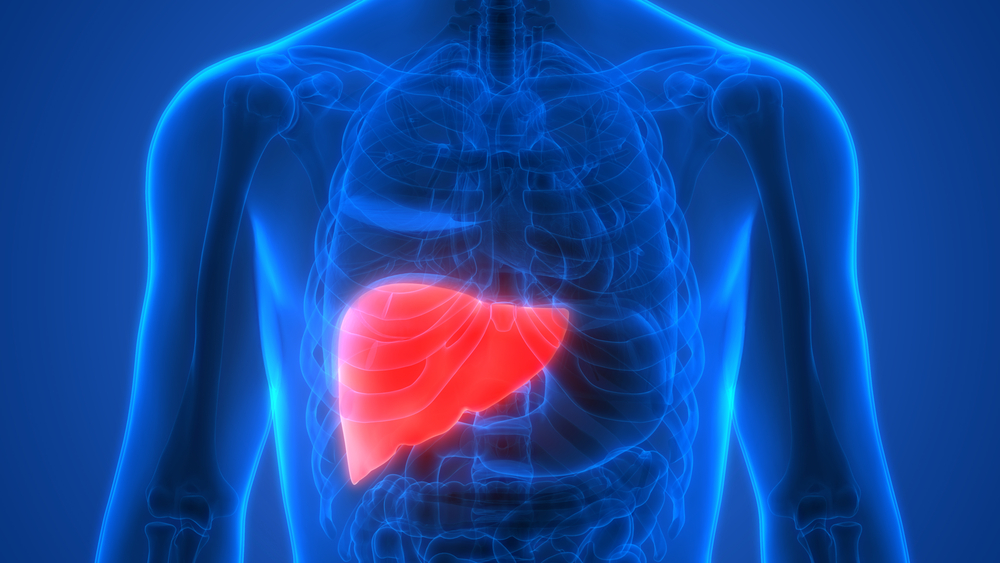Contents:
- Medical Video: Anemia: More Common Than You Think - Dr. Riad Kesiry
- The main risk factors that cause anemia
- How to prevent anemia?
Medical Video: Anemia: More Common Than You Think - Dr. Riad Kesiry
Anemia is a common condition that can occur at all ages, races, and ethnic groups. Both men and women can experience anemia. However, women of childbearing age are at a higher risk for this condition due to blood loss from menstruation.
Anemia can occur during pregnancy because of low levels of acid iron and folate and changes in blood. During the first 6 months of pregnancy, the blood portion of a woman's blood (plasma) increases faster than the number of red blood cells. This causes blood to dilute and can cause anemia.
During the first year of life, some babies are at risk of developing iron deficiency anemia. Risks in infants are included because they are born too early and babies are fed only breast milk or formula milk that is not fortified with iron. These babies can experience iron deficiency at the age of 6 months.
Babies between 1 and 2 years are also at risk for anemia. They may not get enough iron in their food, especially if they drink a lot of cow's milk. Low-iron cow's milk is needed for growth.
Drinking too much cow's milk can make babies or toddlers not receive enough to eat iron-rich foods or absorb enough iron from food.
Older adults are also at an increased risk of anemia. Researchers continue to study the conditions that affect older adults. Many of these people have other medical conditions too.
The main risk factors that cause anemia
Factors that increase your risk for anemia include:
- Diets that are low in iron, vitamins, or minerals
- Blood loss from surgery or injury
- Long-term or serious illnesses, such as kidney disease, cancer, diabetes, rheumatoid arthritis, HIV / AIDS, inflammatory bowel disease (including Crohn's disease), liver disease, heart failure, and thyroid disease
- Long-term infection
- A family history of inherited anemia, such as sickle cell anemia or thalassemia
How to prevent anemia?
You may be able to prevent recurrence of some types of anemia, especially those caused by iron or vitamin deficiencies. Changes in diet or supplements can prevent this type of anemia from happening again.
Treating the underlying cause of this anemia can prevent the condition (or prevent the recurrence of anemia). For example, if a drug causes anemia, the doctor may prescribe another type of drug.
To prevent anemia from getting worse, tell your doctor about all the signs and symptoms. Talk to your doctor about tests that you might need and follow your treatment plan.
You cannot prevent certain types of inherited anemia, such as sickle cell anemia. If you have inherited anemia, talk to your doctor about treatment and ongoing care.












